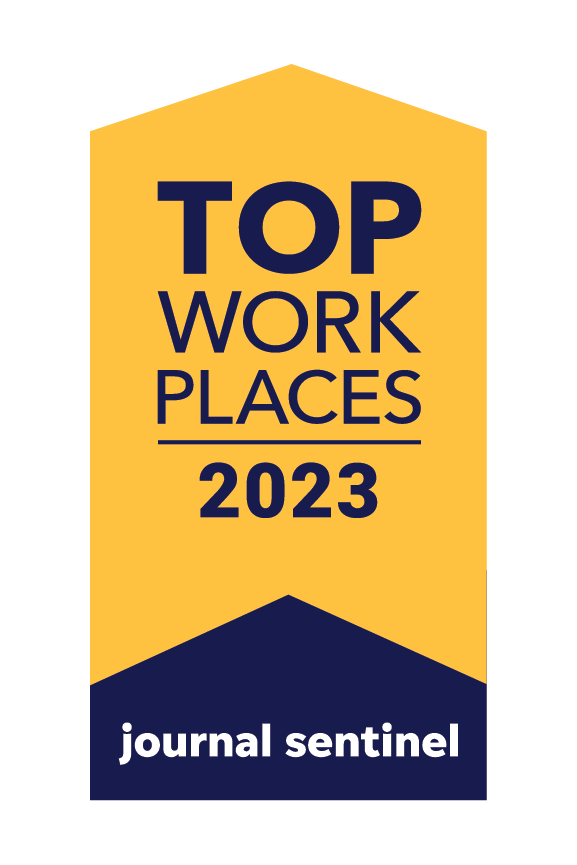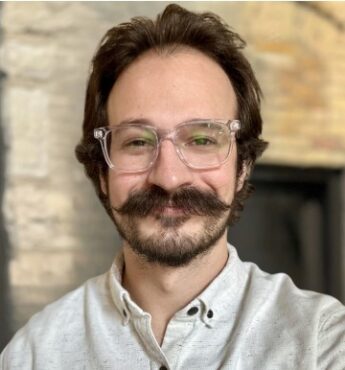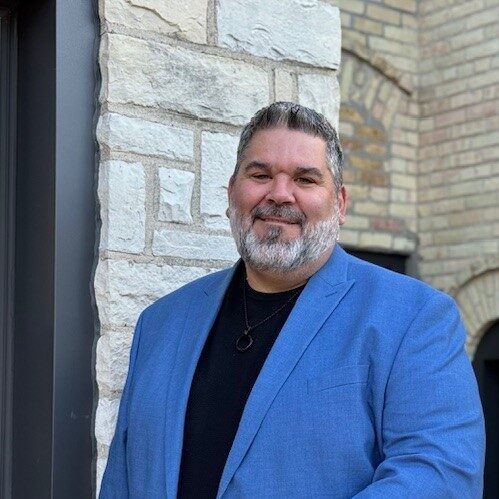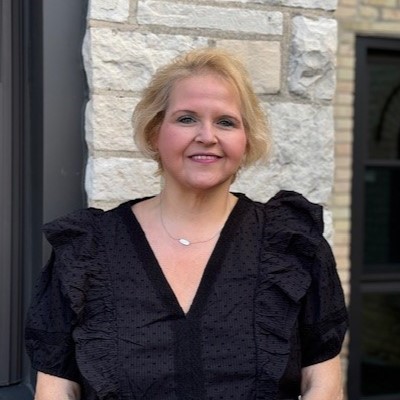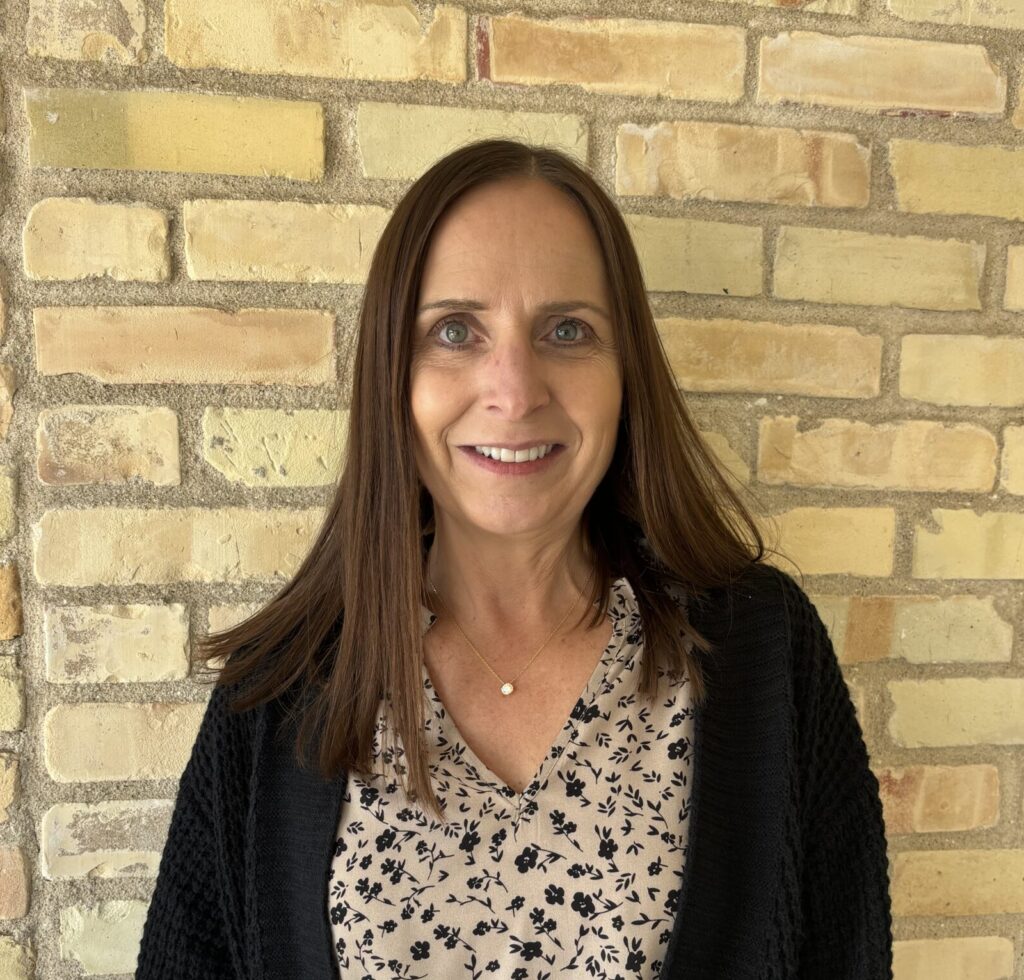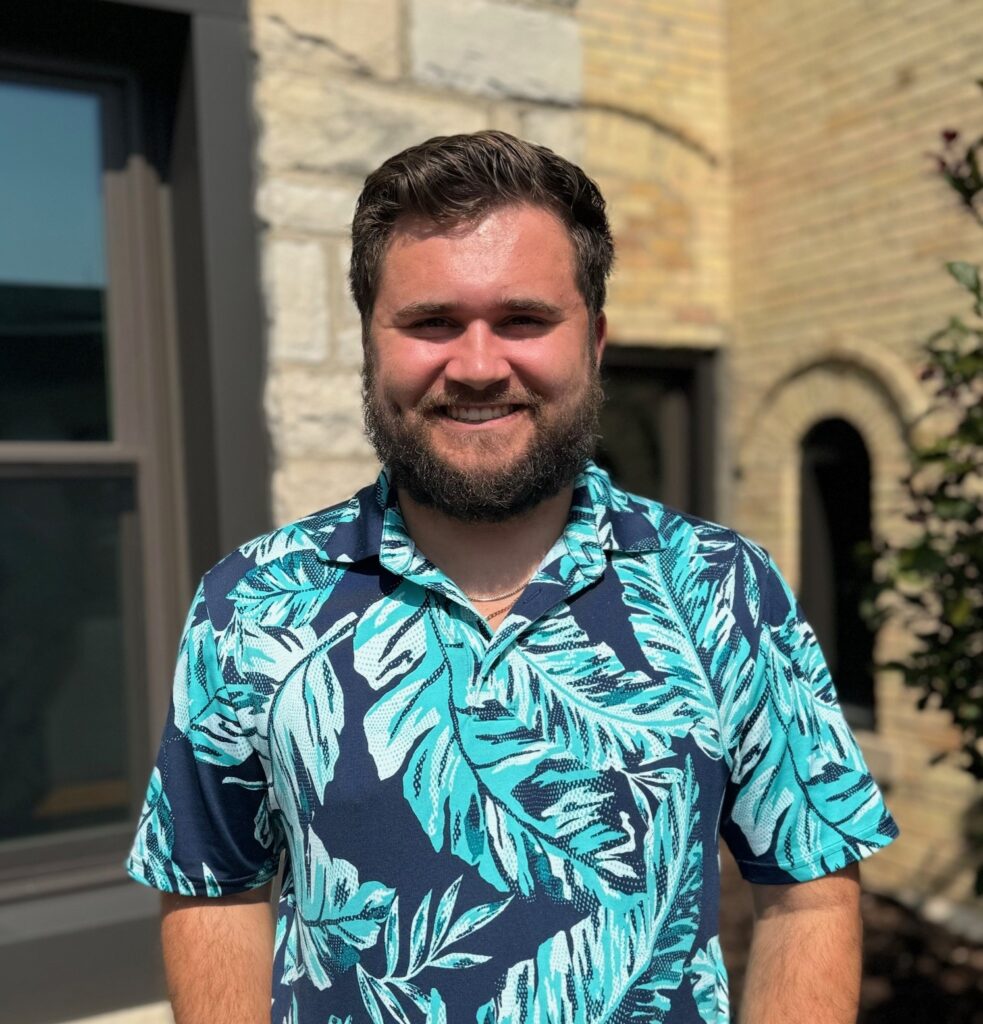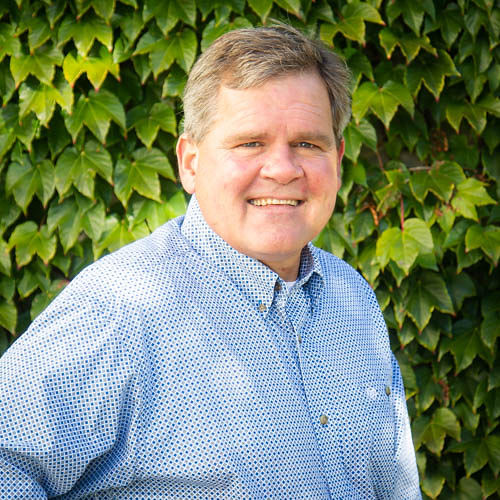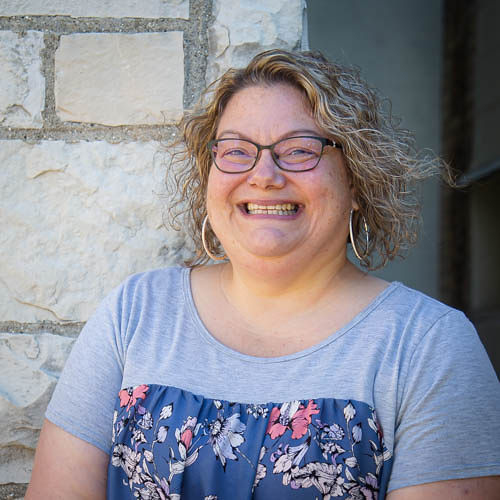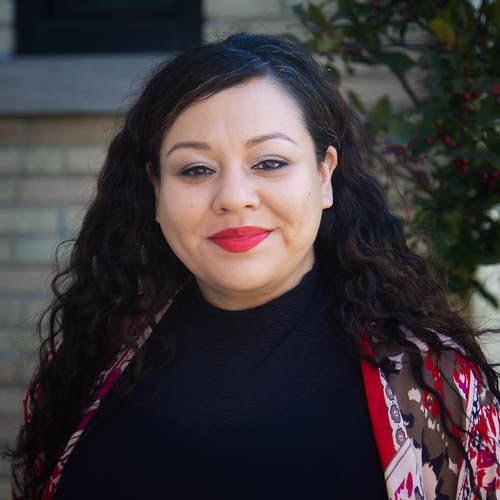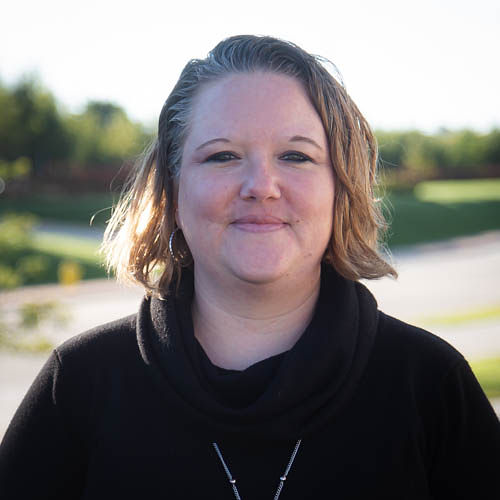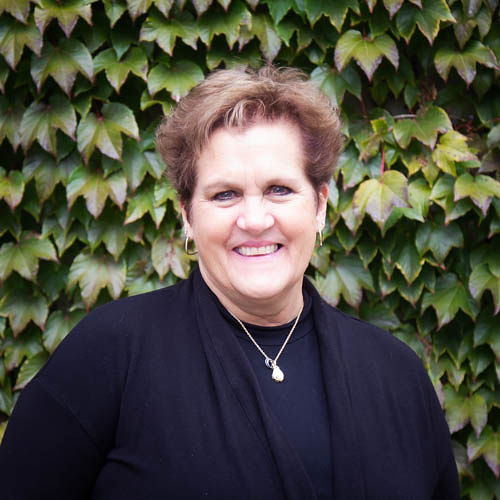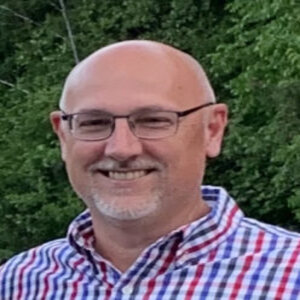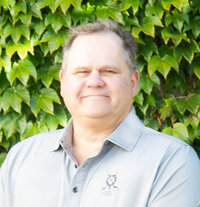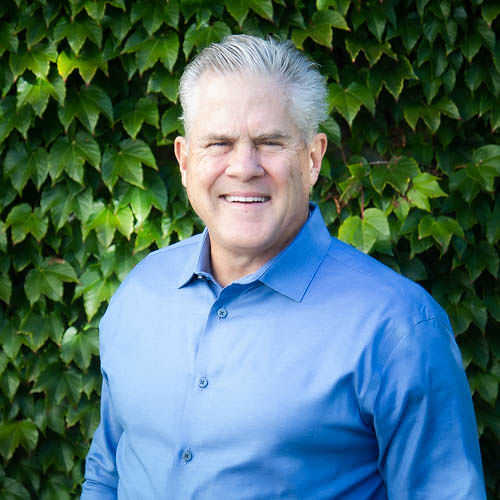As an international non-profit association with significant tradition, American Water Works Association (AWWA) focuses on improving water quality and resources. With headquarters in Denver, Colorado, AWWA has more than 50,000 members worldwide and launched AWWAIndia in 2015 to support water quality improvement in that region.
Members ranged from different fields, including scientists, environmentalists, regulators, etc.
AWWA plays and continues to play a vital role in preserving the water quality worldwide. This goes back to 1974 and the Safe Drinking Water Act where American Water Works Association played a pivotal role.
AWWA works primarily through conferences, education, and active advocacy. This review covers AWWA's previous and current works in preserving drinking water quality and how industry, in general, affects the state of water supplies.
What is the American Water Works Association?
Founded in 1881, the American Water Works Association is a nonprofit scientific and educational organization dedicated to providing total water solutions. Membership includes over 3,900 drinking water utilities in 80% of municipalities that account for 50% of the population.
AWWA works with congress on laws that revolve around water infrastructure, protection, financing, and security. AWWA is also a registered lobbyist with the United States House of Representatives. This means that AWWA can express their opinion and impact any official decision made inside the House of Representatives.
American Water Works Association acts as an umbrella for 43 sectors, each in a specific world region. As of 2021, there are 37 sectors in the U.S., 5 in Canada, and one in Mexico and Puerto Rico.
AWWA also offers rewards to individuals who provide high-level contributions to drinking water preservation. Some of the top awards are the Abel Wolman Award of Excellence and the George Warren Fuller Award.
What Does American Water Works Association Do?
In the late '60s, the US Public Health Service concluded that only about 60% of surveyed water systems met guidelines that protect people from polluted and potentially harmful drinking water.
The research covered both the country and each state specifically. AWWA played a vital role on the local level, helping educate citizens about the importance of quality drinking water.
Before and after the Safe Drinking Water Act from 1974, AWWA continues to offer the following services:
- Education of water industry professionals
- Safe and sustainable water advocation
- Research, collect and share knowledge
- Offer volunteering opportunities
Education of Water Industry Professionals
AWWA provides education to water industry professionals (such as the HVAC industry), primarily through regular events, seminars, and workshops. The goal of such events is to resolve current issues and prevent similar ones in the future.
An estimated 2.2 billion people worldwide don't have access to safely managed drinking water. AWWA event aims to lower that number by providing continuous education of individuals who can affect the most - industry professionals.
There are two main different problem types regarding water quality, and they tie to individual country development.
In other words, third-world countries struggle with subpar water frameworks that disables people from having access to healthy drinking water. On the other side, more developed countries struggle with hyper-industrialization. Although people have access to clean water, the contamination comes from a lack of quality regulations.
Individuals can register for AWWA events, seminars, and workshops via the organization's website.
Safe & Sustainable Water Advocation
Since American Water Works Association promotes public safety, it does so through Water Utility Council to provide the knowledge to national decision-makers. All members of WUC are senior officials, both municipal and private ownership.
Currently, Water Utility Council works by contributing to the following topics:
- Climate Change and Sustainability
- Water Distribution Systems
- Lead and Copper Rule
- Perchlorate
- Radionuclides
- SDWA processes and emerging contaminants
- Security and preparedness
- Utility management
- Water resources protection
Through WUC, AWWA wants to directly impact decision-makers on state and national levels to improve the water quality.
One of the recent contributions was in early 2020 through the open letter regarding the Lead and Copper Rule.
To bring the level of lead in water to a bare minimum, AWWA committed to continuously educate water utility professionals who play the biggest role regarding the question.
Research, Collect & Share Knowledge
Besides providing active events, AWWA continuously collects and stores the latest information regarding the water industry. The data spans from general technical reports to more advanced toolkits helpful to industry workers.
Some of the latest reports issued by the American Water Works Association are on topics such as water utility innovation programs, water stagnation in buildings with reduced or no water use, and classifications of pressure pipe linings.
Reports cover topics such as:
- Water Quality & Treatment
- Infrastructure
- Risk & Resilience
- Utility Management
- Water Resources
- General Survey & Committee Reports
Besides technical reports, AWWA also provides a rich list of resource topics for the general public. People can inform themselves about current issues and contemporary solutions that stem from engineering.
Volunteering Opportunities
Besides offering state-of-the-art resources on water quality, people can sign up for volunteer work and learn how they can help AWWA with its work.
Individuals can volunteer in different areas depending on their interests. Some areas where people can volunteer are:
- Climate Change
- Asset Management
- Conservation
- Customer Service
- Drought
- Distribution
- Public Health
- Career Development
- Water Loss Prevention
- Workforce Strategies
AWWA has more than 250 committees and around 4500 volunteers, so anyone interested in drinking water preservation can easily find a way to help the cause.
Although AWWA usually lists active volunteer positions whenever working on a project, people can also apply for positions outside the ones currently open. As committee members, volunteers aren't required to travel, meaning that anyone can join and help.
Volunteers usually help by joining TEC or Standards Committee to review or develop resources that all AWWA members depend on. AWWA's standards require constant revision and updates to preserve the quality, thus volunteering is one of the critical elements of the AWWA work system.
Volunteers can expect to network with other professionals in the field and gain knowledge.
AWWA Standards
AWWA standards are the key service as they offer regulations for products and optimal practices regarding water preservation. AWWA standards have international recognition and, as such, are used by companies around the world.
Each standard acts as a guideline for companies that list minimum practices to ensure products and services meet the requirements. This can include the design, installations, and performance of end products.
The American Water Works Association published its first consensus documents in 1908. As of 2021, there are more than 180 of them. These documents cover ways to treat and deliver water to the public. They also cover what is happening with the industry. As new technologies come out, new standards develop.
American Water Works Association sells standards on their website, and they are available to the public and businesses who require quality assurance. Since AWWA has a high reputation, anything that has AWWA's stamp of approval means it's high quality.
Each of AWWA standards goes through rigorous analysis to ensure the information they provide is accurate. To cement the trust, each standard has ANSI (American National Standards Institute) accreditation.
American National Standards Institute's goal is to improve the competitiveness of U.S. businesses by providing quality consensuses.
In 1985, the United States Environmental Protection Agency entered an agreement with a consortium led by NSF International to develop voluntary third-party consensus standards. Consortium's role is to create cooperative actions between manufacturers, regulators, and end-users in preserving standards. AWWA plays a direct role as a consortium member.
Journal AWWA
Journal AWWA is another tool that the organization uses to inform water professionals and businesses about the latest trends and activities in water preservation.
First published in 1914, Journal AWWA acts as the center point for thought sharing inside the water industry. The Journal is the primary "megaphone" that AWWA uses to reach water professionals worldwide.
Topics are usually about critical points that hierarchically impact the overall water industry. They typically aim at professionals in key positions, such as managers who can have a direct impact.
According to AWWA, 79% of readers are active business owners in different areas, such as recommending or purchasing water products and services.
Besides acting as readers, professionals can submit their work for revision and possible publication if it meets the criteria.
Besides the Journal, AWWA publishes AWWA Water Science, which regularly prints peer-reviewed content on pivotal innovations inside the water industry. Finally, Opflow is AWWA's periodical that focuses on recent technological advances inside water and wastewater regulations.
AWWA Public Activities
Besides playing an active role in professional water industry settlement, AWWA also has activities and organizations that aim at the general global public.
Water for People
One such is Water for People, a sister non-profit organization established in 1991. The primary goal of Water for People is to help people in developing countries create sustainable water resources and minimal hygiene standards.
The organization is established to respond to the UN's sixth Sustainable Development Goal: clean water availability and active water facility monitoring.
Besides influencing the water industry, the goal is to educate local governments, educational facilities, and citizens on water preservation. Water for People currently acts in nine countries:
- Guatemala
- Honduras
- Nicaragua
- Bolivia
- Peru
- India
- Rwanda
- Uganda
- Malawi
Like AWWA, Water for People depends on volunteer work through World Water Corps, AWWA's active program that sends engineers to the field in developing countries. World Water Corps' engineers and other volunteers don't participate in the water system designs. Instead, they act as support to local governments who make direct decisions and take immediate actions.
Drinking Water Week
Every spring, AWWA dedicates a week to drinking water awareness across North America. During the period, water professionals and the public gather to share knowledge and ideas.
AWWA also conducts seminars on general questions the public might have, such as "where does the drinking water come from?" and "how much of the global water supplies is drinking water?"
Each year covers a specific theme, and depending on the theme, AWWA creates a weekly program. The program can include visits to drinking water resources, educational workshops, and volunteering.
Besides informing the general population, water professionals can use the opportunity to connect with the community they serve.
Serve the Public
The preservation and availability of drinking water are some of the most outstanding achievements of the 20th century. Constant development and water treatment ensure that millions of Americans have access to drinking water 24/7.
Water professionals play a pivotal role in maintaining quality and availability. Besides offering their services, water companies need to know how to serve the customers in the long run.
TIC can help companies in the water industry to offer better service to their customers through consumer financing solutions.
If you need help with creating a financing program for your business, feel free to reach out, and we'll be more than happy to help you out.

